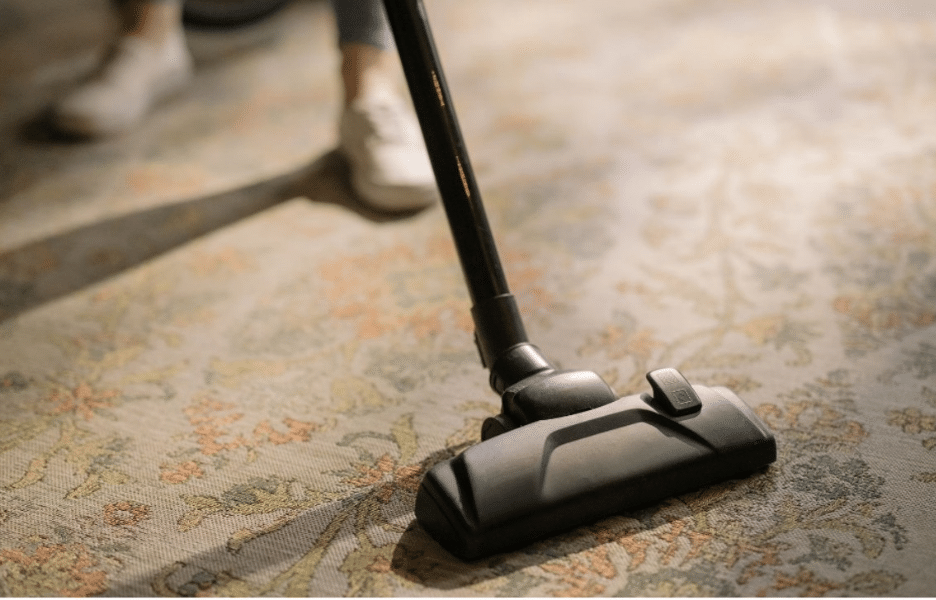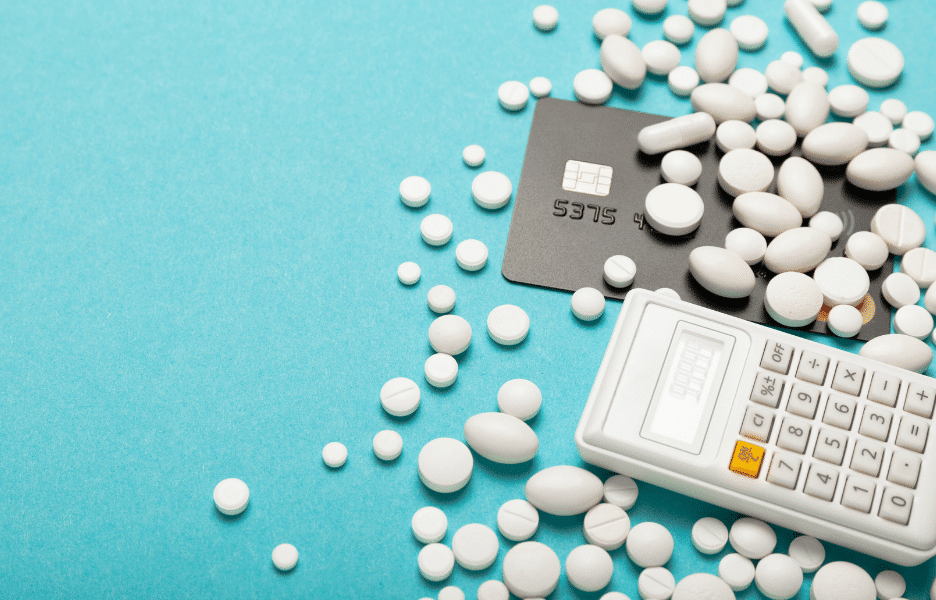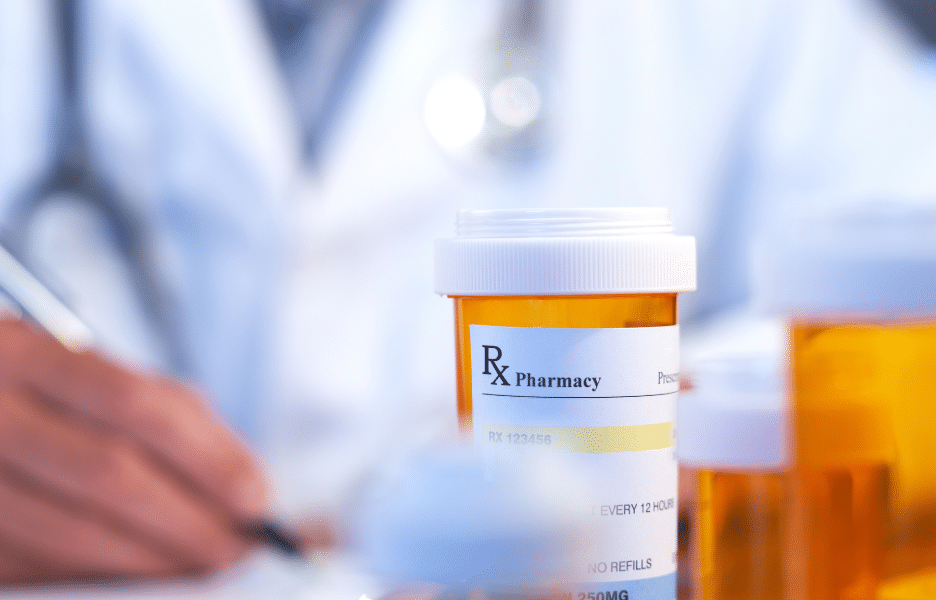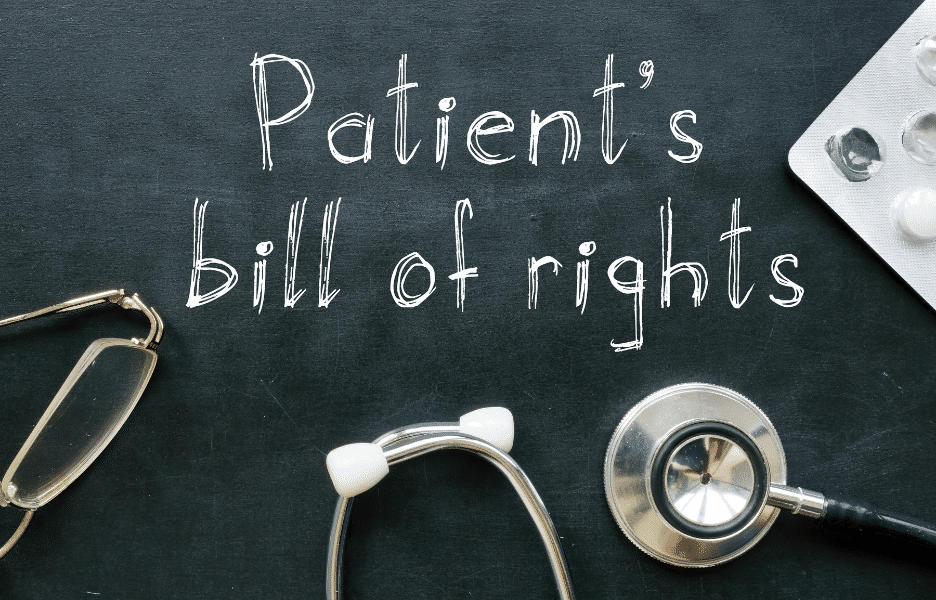As many as 18 million Americans can’t afford their prescribed medications. This has resulted in many adults skipping doses to preserve medicine and cut costs. The long-term effects of this have resulted in increased hospital visits, decrease in quality of life, and even death. Since it doesn’t appear a solution to this is in the near future, Americans must educate themselves with local, state, and national programs that are available to assist them.
Health Insurance Plan
Your health insurance plan’s customer service office can provide useful information to help you save money on prescription drug costs. Sometimes health insurers or employers’ contract with a specialized firm to manage pharmacy insurance benefits. Your health insurance plan or your employee benefits office might refer you to a pharmacy benefits manager.
You can find the following types of information from your health insurance provider:
- What your drug benefit covers
- The amount of co-payment required and if drugs are assigned to various levels that require different amounts of co-payment
- What drugs are included on each level of the preferred drug list
- Whether there is a cap or limit on your drug benefits and the amount of that cap or limit
- Whether the medicines you are taking are included in the preferred drug list
- Which pharmacies can fill your prescriptions
- Tips on how to use your insurance coverage wisely and minimize your costs
- Your rights and steps to take if affected by changes in benefits or if you are otherwise dissatisfied
When you first sign up for health insurance coverage you should receive written material that explains your benefits. Changes to your benefits should also be in writing. Contact your health insurance provider if you have questions about your coverage or need written materials that explain your coverage. Your health insurance provider may also have a website that can be a source of information.
Preferred Drug List
A preferred drug list is a list of drugs that are accepted for payment by your health insurance plan. Drugs outside of the list may not be covered by your insurance or you may need to make a special request to see if your insurance will cover the medication even though it’s not on the list.
Some health insurers may have different levels of co-payments for prescription drugs. (A co-payment is the amount you pay while your insurance pays the rest.) Members of the health plan are charged lower or higher co-payment amounts depending on whether the drug is generic, a brand-name drug included on the preferred drug list or a drug not included on the list.
The preferred drug list may be revised from time to time to add new drugs or delete others. Be sure you know what your health plan’s policy is regarding notice of changes that affect you.
Questions for Your Health Provider or Pharmacist
- How much does this drug cost?
- Are there less expensive drugs that might work for me?
- Is this drug available as a generic?
- Are there other choices if this drug is not covered by my insurance?
- Are there other drugs that will work for me and reduce my co-payments?
Pharmacies
Changing from a brand-name drug to a less-costly generic of the same drug can be done at the pharmacy. Usually, the pharmacist can fill your prescription with a generic drug at your request or, if necessary, the pharmacist may need to call your health care provider for authorization.
Changing the type of drug, you are taking is a more complex matter. Your pharmacist may be able to help by discussing your needs with your health care provider and getting a telephone prescription. However, the pharmacist may ask you to first discuss this with your health care provider to get a new prescription.
Pharmacy Dispensing Fees
Each time you buy a prescription drug, you are charged for the cost of the medicine and the dispensing fee. The dispensing fee covers the cost of the pharmacist’s time to fill the prescription and other business costs of the pharmacy.
If you pay for your drugs yourself, ask your pharmacist about the pharmacy dispensing fee. Sometimes you can save money on the dispensing fee if, for example, you are able to buy a three-month supply of the medication at one time. Check with your pharmacist to see if you can receive a larger quantity and save money on the dispensing fee.
Drug Cost Programs
The following are programs that help with the cost of medications. You may need to meet an age or income requirement to qualify for some of these programs. Each program has its own application process and qualification requirements, so you will need to contact the program to see if you qualify.
Medicare Part D Prescription Drug Benefit
Medicare Part D is an insurance benefit to help people with Medicare pay for prescription drugs and is provided through Medicare-approved private health plans.
If you have Medicare, but not Medicaid, you can enroll in a Medicare Part D drug plan, but you are not required to do so. However, be sure to speak with your health plan about this before making a decision.
You will want to compare these drug plans before you choose one – to see which ones cover the prescription medicines you take, how much coverage they offer, which pharmacies you can use with each plan and the cost of deductibles, co-payments and/or the monthly premium.
For more information and to receive help with enrollment call Medicare’s toll-free number (800) 633-4227 or TTY (877) 486-2048. You can also call the Florida Elder Care toll-free number (800) 963-5337. They have trained volunteers who can help you with questions about the Medicare Part D Prescription Drug benefit.
People with limited income and resources may qualify for extra help with prescription drug costs under the Medicare Prescription Drug Benefit. To see if you qualify for this assistance, call the Social Security Administration’s toll-free number (800) 772-1213 or TTY (800) 325-0778. If you are covered by Medicaid, you automatically qualify for the extra help.
Prescription Discounts for Some Florida Medicare Beneficiaries
Medicare beneficiaries who choose not to enroll in the Medicare Part D Prescription Drug Benefit and who pay for their medications with private funds may be able to receive some discount on their medications. By law, pharmacies that participate in the Florida Medicaid program must offer Medicare beneficiaries, who otherwise have no insurance coverage for prescription drugs, a discount on their prescription drugs. To obtain the discount, you must show your Medicare card when you present the prescription.
If you are covered by Medicare, but not by Medicare Part D, ask your pharmacist about these discounts.
Florida Medicaid
The Florida Medicaid program pays the cost of prescription drugs for those who qualify. However, if you are covered by both Medicaid and Medicare, most of your prescription drugs may be provided under the Medicare Part D Prescription Drug benefit (described earlier) or by a combination of Medicare and Medicaid.
Applications for Medicaid are made through the Florida Department of Children and Families (DCF). For further information call the toll-free number (866) 762-2237.
Sunshine for Seniors
If you are 60 years or older and your insurance does not cover prescription drugs, call the Sunshine for Seniors program at the Florida Department of Elder Affairs toll-free number (800) 963-5337 or TDD (800) 955-8771. They can help you apply for programs that might help with the cost of medications.
Florida Discount Drug Card
The Florida Discount Drug Card can help people save money on prescription drugs. The program is for people 60 years or older who do not have drug coverage, those covered by the Medicare Prescription Drug Benefit who have reached a certain spending limit or those under age 60 who meet the income requirements. To learn more, call the toll-free number (866) 341-8894 or TTY (866) 763-9630.
National Council on Aging
For people 55 years or older, the National Council on Aging has a website with referrals to programs that offer assistance with the cost of medications as well as other needs.
Pharmaceutical Patient Assistance Programs
Many companies that make prescription drugs have programs to help some low-income individuals buy certain medications. Ask your pharmacist or health care provider if they know of any of these programs to help with drug costs. You can also do a search on the Internet for the drug companies that make your medications to see if they offer such programs.
Community Health Centers
Community health centers are federally funded to provide health care in medically underserved areas. If you meet income guidelines you may be able to receive prescription medication if that service is provided at the center.
Phone 211
Call the phone number 211. This is a service that offers referral to various programs that help people in need. They may know of programs in your community that help with the cost of medications.
Note: This is not designed to offer medical or legal advice. Please consult with your health care provider for medical advice and an attorney for legal advice. Information derived from ahca.myflorida.com





